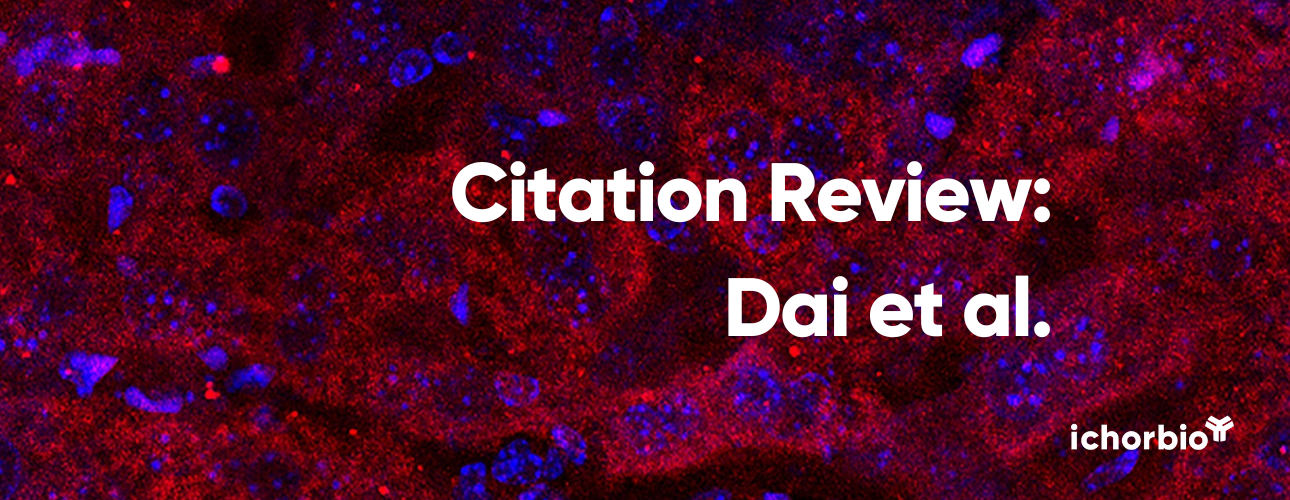Humoral Immunity's Unexpected Role in Checkpoint Immunotherapy

Humoral Immunity's Unexpected Role in Checkpoint Immunotherapy
A recent article published in Nature (Vol. 631, 23 July 2025) reveals that antibody-mediated humoral immunity, specifically the presence of autoantibodies (AAbs), can significantly influence the effectiveness of checkpoint immunotherapy (CPI) for cancer. The study, which used a high-throughput method called rapid extracellular antigen profiling (REAP), found that autoantibody signatures in patients can both enhance and hinder therapeutic outcomes.
Dai, Y., et al. "Humoral determinants of checkpoint immunotherapy."
DOI: 10.1038/s41586-025-09188-4
Study Overview: Mapping the "Autoantibody Reactome"
While the role of T cells in CPI is well-documented, the effect of humoral immunity is comparably underexplored. This study profiled plasma samples from a cohort of 374 patients with cancer receiving CPIs and 131 healthy controls to map their "autoantibody reactome" to 6,172 extracellular and secreted proteins. The researchers hypothesized that certain AAbs could have treatment-enhancing or treatment-inhibiting effects on CPIs.
The study found:
-
Patients with cancer had a diverse range of autoreactivities that were elevated compared to healthy individuals.
-
AAb signatures were capable of distinguishing patients with cancer from healthy individuals.
-
AAbs persisted for months to years and were not significantly affected by CPI treatment.
-
Associations between specific AAbs and immune-related adverse events (irAEs) were sparse, with one notable exception.
Key Findings: How Autoantibodies Affect Treatment Response
The study identified numerous individual autoantibodies associated with greatly altered odds ratios for CPI response. These functional AAbs can neutralize their target proteins, including cytokines, growth factors, and immunoreceptors.
The study's key findings revealed AAbs that both improved and worsened CPI outcomes:
-
AAbs Associated with Better Outcomes:
-
Anti-IFN-I and Anti-TL1A: Autoantibodies against Type I interferons (IFN-I) and the TNF superfamily member TL1A were among the most striking associations with CPI responders. The presence of these neutralizing AAbs improved the odds of a positive response to CPI. Preclinical mouse models confirmed that blocking IFN-I or TL1A enhanced the efficacy of combined CPI therapy (anti-PD1 and anti-CTLA4).
-
Anti-IL-6 and Anti-OSM: AAbs targeting inflammatory cytokines like IL-6 and Oncostatin M (OSM) were also associated with higher odds ratios for CPI response. Patient-derived IgG containing these AAbs was shown to inhibit cytokine signaling. This supports the idea that these pathways may drive immunosuppressive inflammation in the tumor microenvironment.
-
AAbs Associated with Worse Outcomes:
-
Anti-BMPR1A and BMPR2: Autoantibodies to the Bone Morphogenic Protein (BMP) receptors, BMPR1A and BMPR2, were highly enriched in non-responders, found in approximately 10% of non-responders but in fewer than 1% of responders. These AAbs potently inhibited BMP2-induced signaling, suggesting that the BMP pathway may be necessary for optimal CPI efficacy.
ichorbio's Role in the Study
To test the hypothesis that AAbs to IFN-I could improve CPI response, the researchers sought to model the effect of neutralizing IFN-I antibodies in mouse tumor models. They evaluated the impact of combining monoclonal antibodies that broadly neutralize mouse IFN-I proteins with CPIs.
For this, they used:
-
Anti-mouse IFNα antibody (Clone TIF-3C5, ichorbio) at a dose of 500 μg per mouse.
The addition of this antibody enhanced the efficacy of combined CPI therapy (anti-PD1 and anti-CTLA4) in both B16F10 and CT26 tumor models. In the B16F10 model, which is highly resistant to CPIs, tumor growth inhibition was evident only when IFN-I blockade was present. This demonstrated that neutralizing IFN-I signaling can augment the efficacy of CPIs.
Implications and Future Directions
The study suggests that AAbs can be conceptualized as natural biologic drugs, as their presence provides insight into potential therapeutic strategies. Identifying treatment-enhancing AAbs provides a template for designing new biologic therapies, while treatment-inhibiting AAbs can illuminate pathways that are essential for CPI efficacy. The findings provide a strong basis for future clinical trials exploring the combination of IFN-I blockade with CPIs, for example, by repurposing drugs like anifrolumab that block the IFNAR receptor.
While larger cohorts are needed to fully characterize the breadth of the AAb reactome, this research highlights the importance of humoral immunity as a critical, and previously underappreciated, factor in the success of cancer immunotherapy.


